When you receive the most number of votes, you are declared the winner of an election. But that’s not the case when it comes to the election for the president of the United States. That’s because the president of the United States of America is not chosen directly by voters but by a process known as the electoral college.
It’s what Donald Trump and Kamala Harris will need to win, to become the 47th president and occupant of the White House.
Want to know more about this ancient institution that was created in 1787? Wish to know how it works, and how will it produce a result? Read on to find out.
What’s the electoral college?
Established by Article II, Section 1, clause 2 of the US Constitution, the electoral college is the institution through which the next president of the United States is chosen. The electoral college emerged as a compromise between the nation’s founding fathers, who were discussing whether the leader of the country should be picked by Congress or through a popular vote.
After much deliberation, they came upon the idea of an electoral college — a collective of 538 people who decide the next American president and vice-president.
Interestingly, though it’s one of the oldest institutions in American politics, at least 700 attempts have been made to abolish it but with no luck.
How does the electoral college work?
To be president, one must obtain an absolute majority of the “electors” — that is 270 of the 538 — to win.
But how did this number of 538 emerge? This is because each state in the US, including the District of Columbia (DC) — home of the capital, Washington, are granted a certain number of electors based on the population. Each state gets as many electors as it has lawmakers in the US Congress. For instance, California has 54, Texas has 40, while the tiny and sparsely populated state of Wyoming has three electoral votes.
These 538 electors, as they are called, are typically elected officials or significant party members. However, by law, sitting senators and members of Congress are debarred from being electors. One can’t be an elector if they have been found to engage in insurrection or rebellion against the United States. In many states, electors are nominated during their party’s nominating conventions.
Once the voters cast their ballot — this time it’s on November 5 — the members of the electoral college convene — they will meet on December 17 — and formally cast their vote. Usually, states award their electoral college votes to the candidate who won the most from the ordinary voters. For example, if a candidate wins 50.1 per cent of the vote in Texas, they are awarded all of the Texas’ 40 electoral votes.
It’s important to note that electors don’t have to vote as per the popular vote. However, in 2020, the US Supreme Court ruled that states could impose punishments on such “faithless electors.”
What are the pros and cons of such a system?
There are many advantages to having an electoral college. Such a system ensures that even smaller states are well-represented and remain important to candidates. Also, in case of a recount, the electoral college makes the process easier.
However, the electoral college makes many ordinary voters believe that their vote doesn’t matter. It also makes swing states very important. The electoral college system is also problematic because the candidate who wins the popular vote doesn’t necessarily win the overall election.
Has a candidate won the popular vote and lost the White House race?
Yes, several times. In the 2016 polls, Democrat nominee Hillary Clinton received nearly three million more votes than her rival, Donald Trump. But, he won the overall race.
In the 2000 election, George W Bush defeated Democratic candidate Al Gore who won the popular vote by more than half a million.
The honour, however, of being the first to lose the popular vote and yet win is John Quincy Adams in 1824, followed by Rutherford B Hayes (1876) and Benjamin Harrison in 1888.
What happens if there’s an electoral college tie?
This is unlikely, but not completely impossible. In fact, in 1824 four candidates split the electoral vote, denying any one of them a majority.
However, now if such a case arises, the House of Representatives, the lower house of US lawmakers, will then vote to elect the president.
With inputs from agencies
Get all the latest updates of US Elections 2024


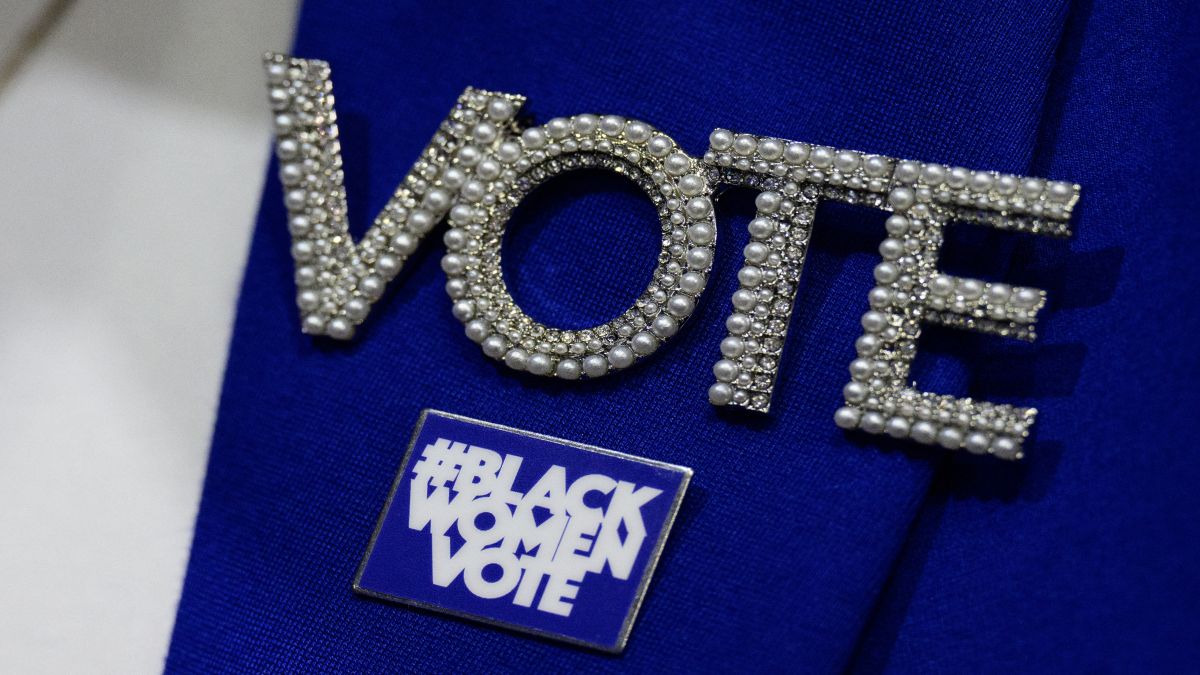)

)
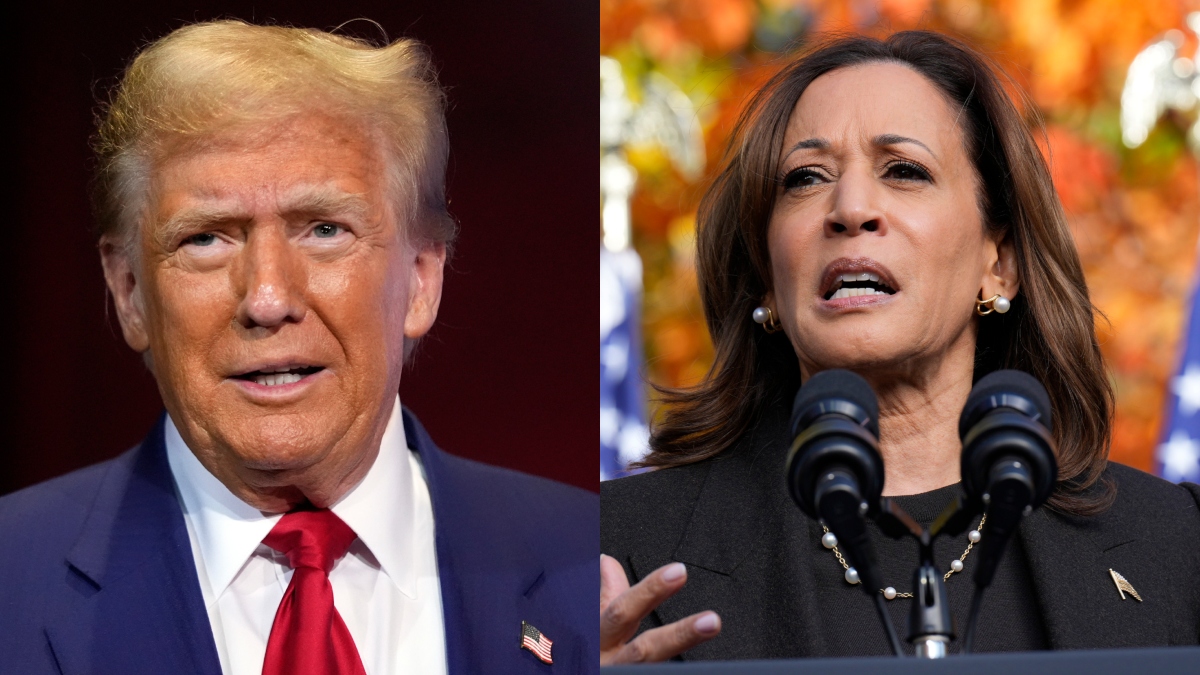)
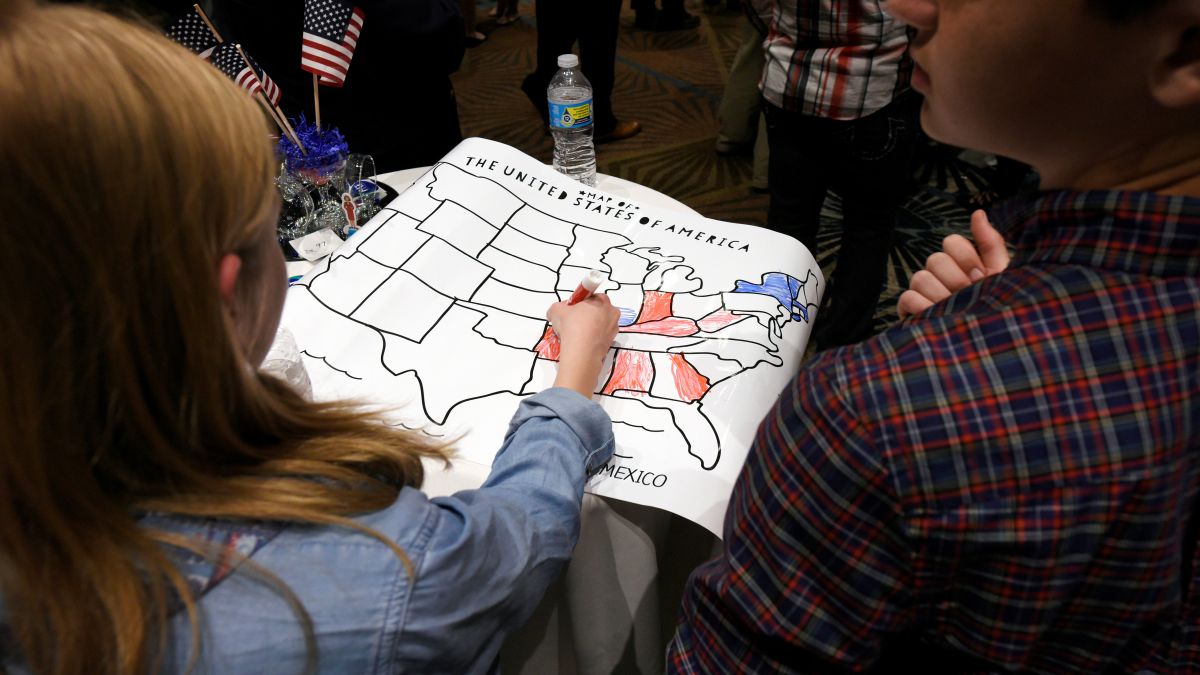)
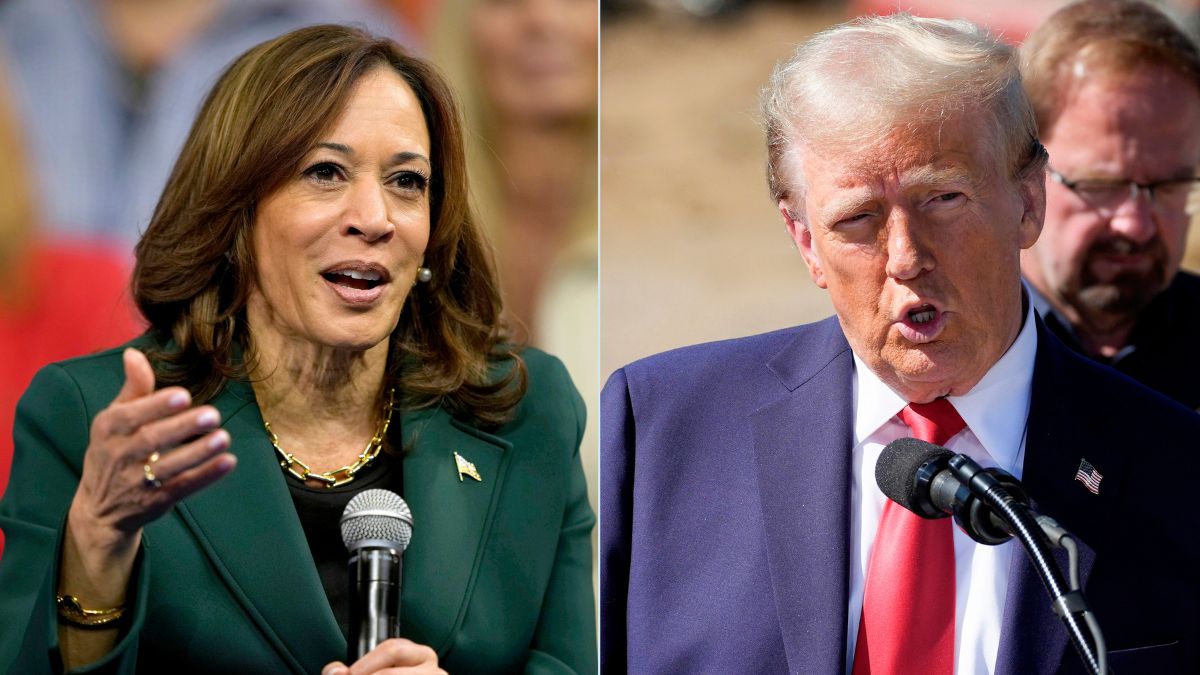)
)
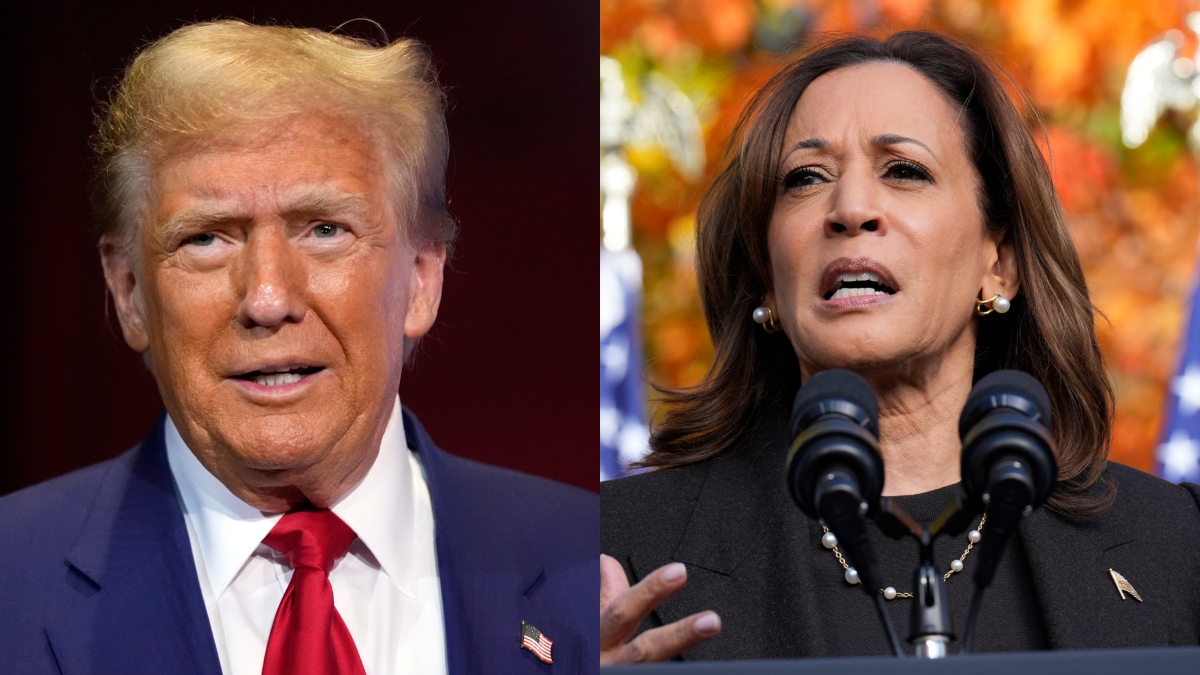)
)
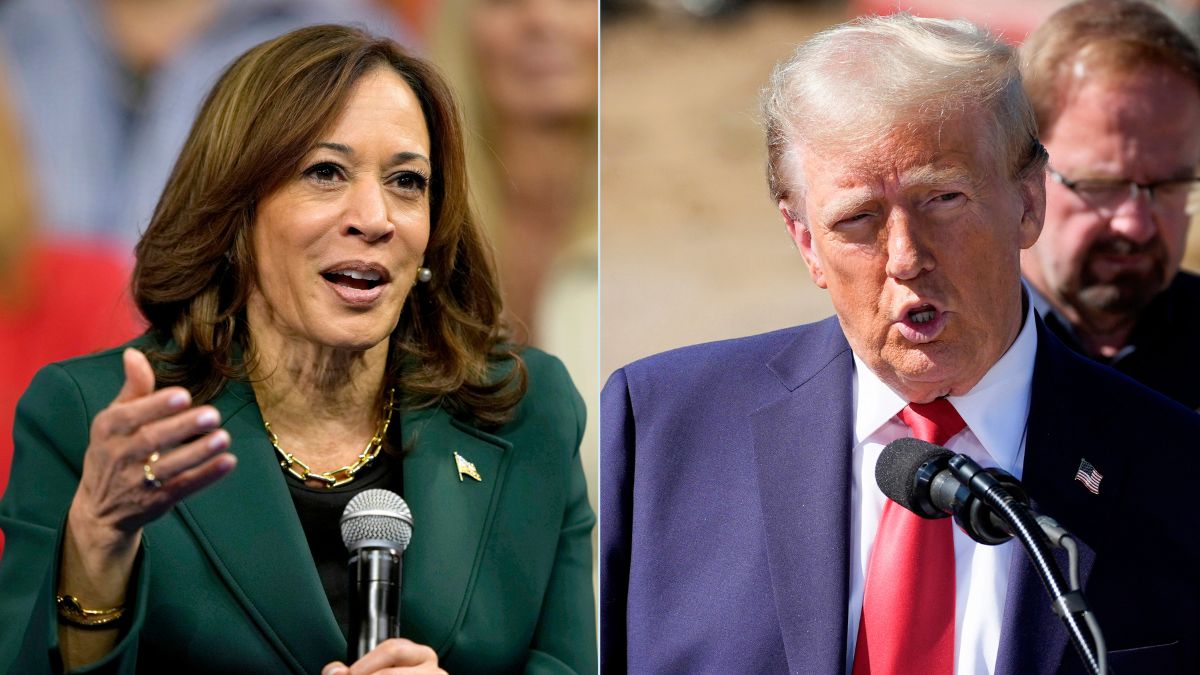)
)



